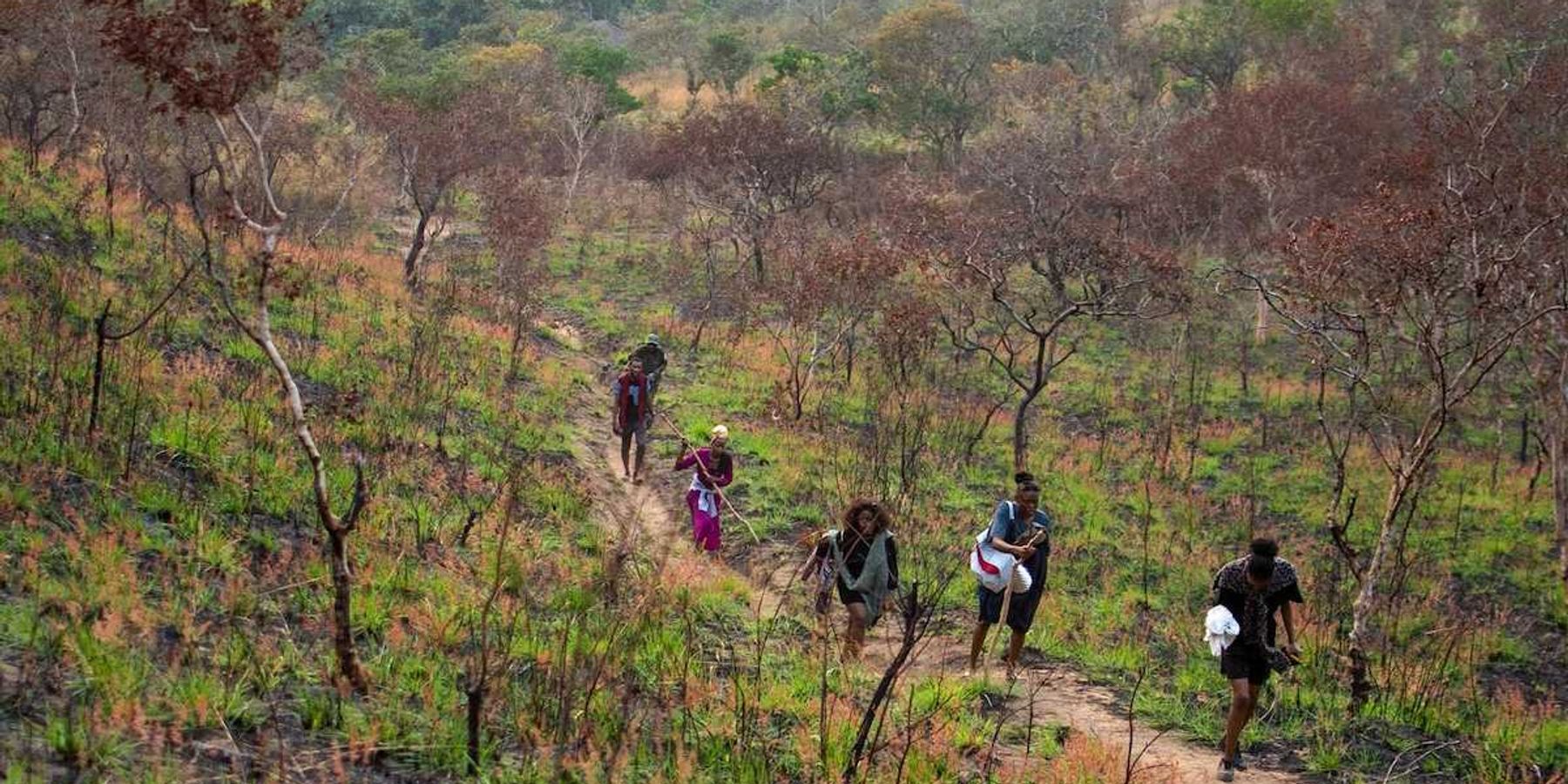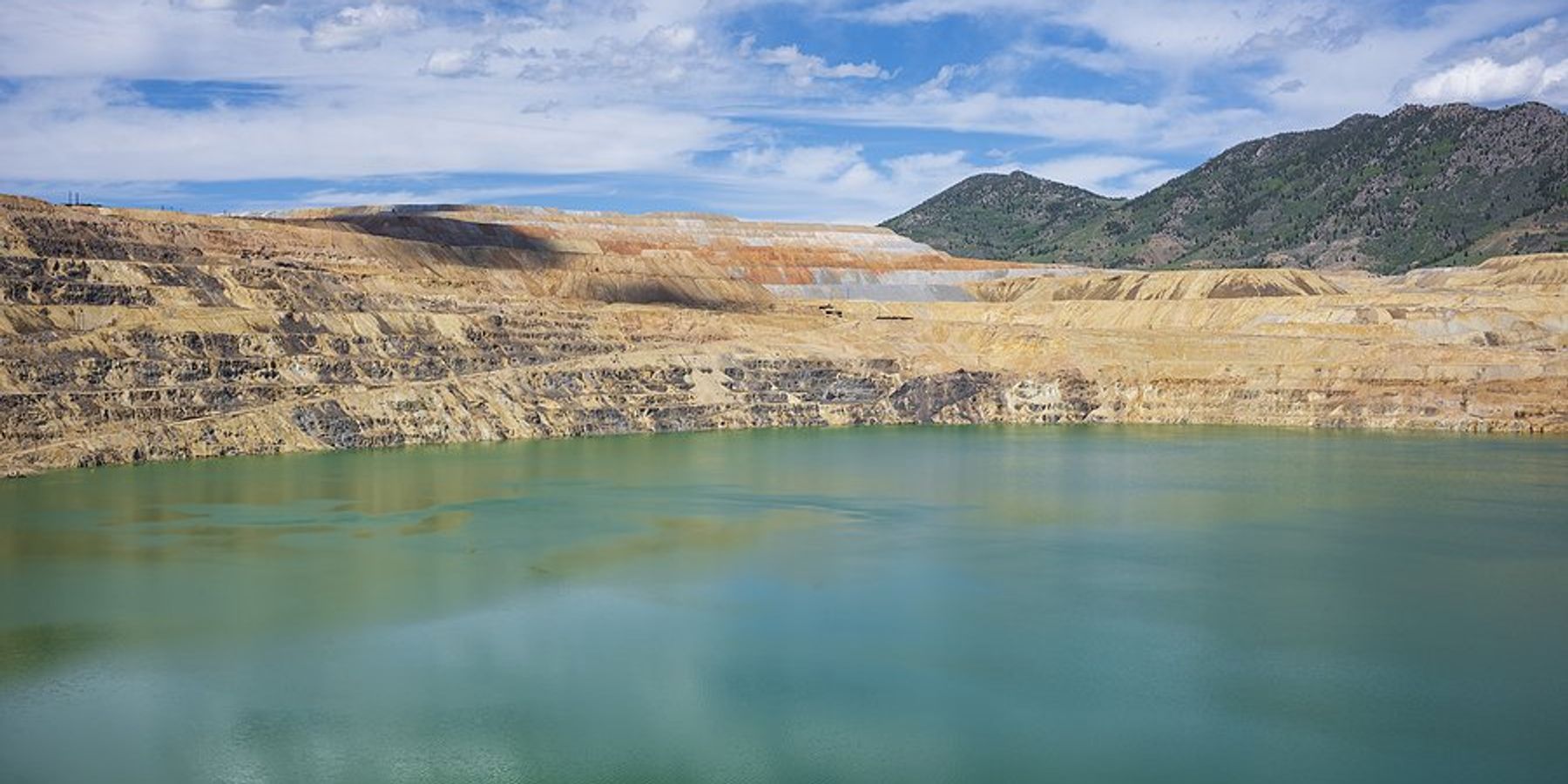Florida's shift to waste-to-energy amidst growing trash crisis
With mounting garbage and shrinking landfill space, Florida turns to waste-to-energy incineration amid a population surge.
Jacob Knutson reports for Axios.
In short:
- Florida will increase waste combustion to manage its growing trash problem.
- Modern waste-to-energy plants aim to minimize pollution and generate renewable power, but concerns remain.
- The state's approach reflects broader debates about the impacts of waste-to-energy facilities, particularly on environmental justice communities.
Key quote:
"Unlike past incinerator plants, modern facilities have air pollution control equipment that, when operated correctly, can keep the emissions of several different air pollutants below limits set by the Clean Air Act and reduce any potential adverse health effects."
Why this matters:
Florida's move to burn more trash for energy raises critical questions about balancing environmental health and effective waste disposal, especially in the context of growing urban populations and limited land resources.
What kinds of pollutants are released by waste incineration? Forever chemicals, for one: As states work to limit the use of PFAS, one overlooked path for their spread is the incineration of consumer waste, such as clothing, textiles, food packaging, paints and electronics.
Question for the reader:
What role do you think waste-to-energy facilities should play in waste management?
AI-based tools helped produce this text, with human oversight and editing.













